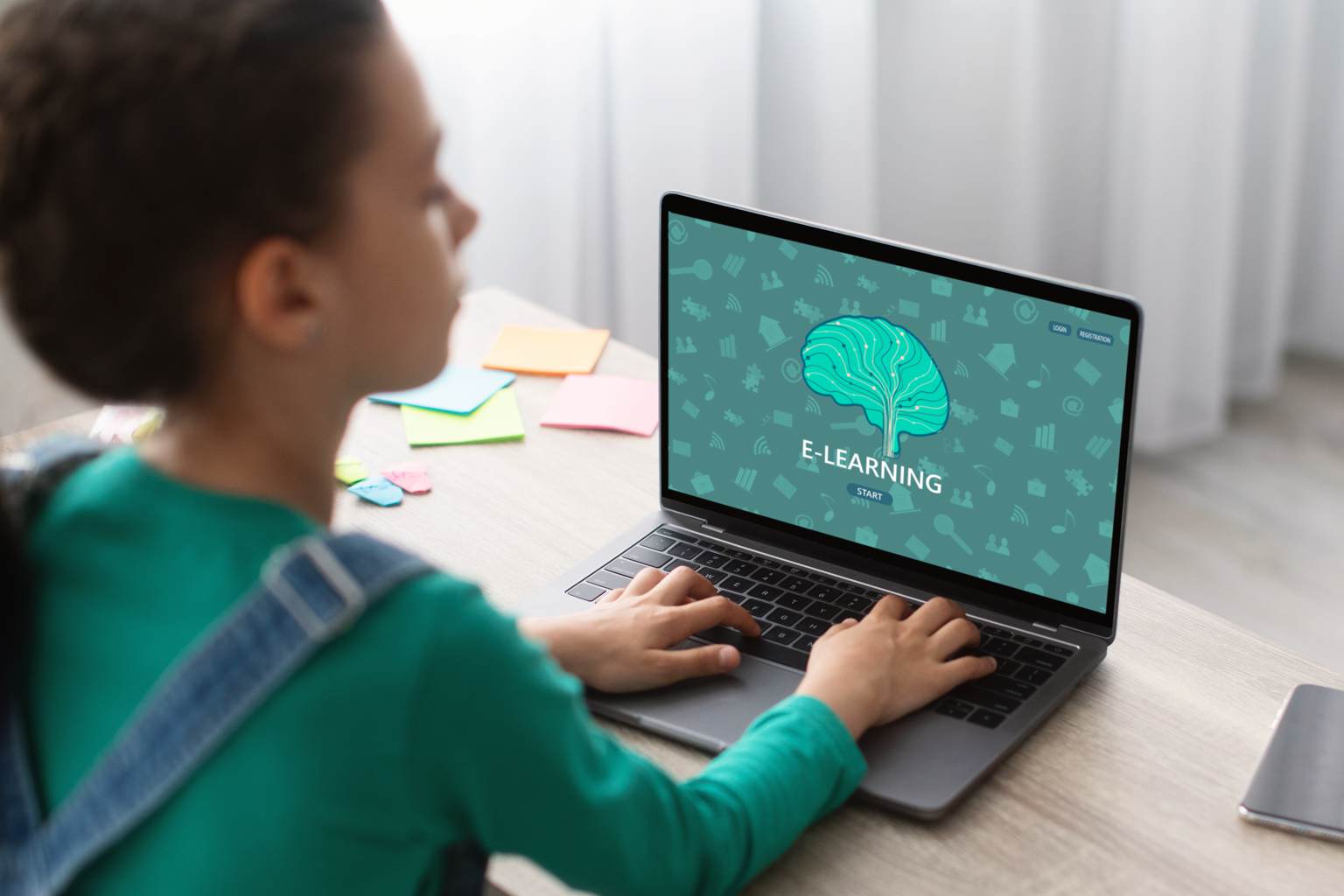Keeping your brain sharp doesn’t require a stack of crosswords or endless Sudoku puzzles. In fact, the most powerful form of brain training might be venturing outside your comfort zone to learn something entirely new. Whether you pick up a musical instrument, tackle a foreign language, or try your hand at a creative craft, engaging in unfamiliar, challenging activities boosts your brain’s adaptability and builds lifelong resilience. The secret is embracing novelty and consistent effort, not just repetition.
Neuroplasticity: your brain’s ability to change
At the heart of effective brain training is neuroplasticity, the brain’s amazing capacity to rewire itself by forming new neural connections. When you learn a new skill, especially one that challenges different brain regions, you stimulate neuroplasticity. This process strengthens memory, attention, and overall mental flexibility, crucial traits for staying sharp and resilient as we age.
Neuroplasticity isn’t limited to childhood. Science now confirms that adults, and even seniors, can grow new connections in the brain through consistent, targeted learning.
The science behind skill-based brain training
Numerous studies back the idea that acquiring new skills makes measurable changes in the brain. Learning increases gray matter density (the parts of the brain responsible for muscle control and sensory perception) and strengthens white matter (which helps different brain areas communicate). For example, older adults who learned digital photography or quilting in research studies experienced significant improvements in memory and problem-solving ability in as little as six weeks. The most effective brain-boosting activities? Those that are novel, complex, and require sustained effort, not just automatic repetition.
Benefits that extend beyond the brain
The perks of learning new skills go far beyond cognitive improvement. Tackling something unfamiliar boosts confidence, increases motivation, and can foster a sense of accomplishment. It also encourages mindfulness and deep focus—taking your attention away from daily stress and digital distractions. When done in group settings, learning connects you with others, building social bonds that are equally important for emotional well-being.
Completing even small goals in a new domain can provide a mental lift and keep you engaged with life’s possibilities, regardless of age.
Best types of activities to try
The most effective brain training comes from trying new and varied challenges. Here are some research-backed options to get you started:
- Musical instruments: Playing music involves coordination, memory, listening skills, and even emotional expression.
- New languages: Learning a language trains memory, grammar skills, listening comprehension, and pronunciation.
- Art or crafts: Activities like painting, quilting, or pottery stimulate visual-spatial reasoning and creativity.
- Dancing or martial arts: These combine physical movement with mental discipline and timing, engaging multiple brain systems at once.
- Volunteering or mentoring: Helping others builds empathy, strengthens communication skills, and keeps your mind adaptable.
How to integrate brain training into your routine
- Dedicate just 15–30 minutes a day to learning something new, consistency is more important than duration.
- Choose an activity you genuinely enjoy to help you stick with it.
- Set small, achievable goals and track your progress for ongoing motivation.
- Switch up your activities every few months to keep your brain challenged and adaptable.
- Invite friends or family to join for extra encouragement and fun.
The goal is not perfection but growth. Every effort you make to stretch your mind brings long-term rewards.
In a fast-paced world focused on productivity, taking time to learn something new is a powerful investment in your brain health and overall well-being. Skill-based brain training isn’t about achieving mastery, it’s about maintaining mental flexibility, curiosity, and a zest for life at any age. The more you challenge yourself with unfamiliar activities, the stronger and more adaptable your brain will become.
🧠 When your brain learns something new, it grows in ways that support your health and happiness for years to come. Make curiosity your lifelong habit and watch your mind thrive!
